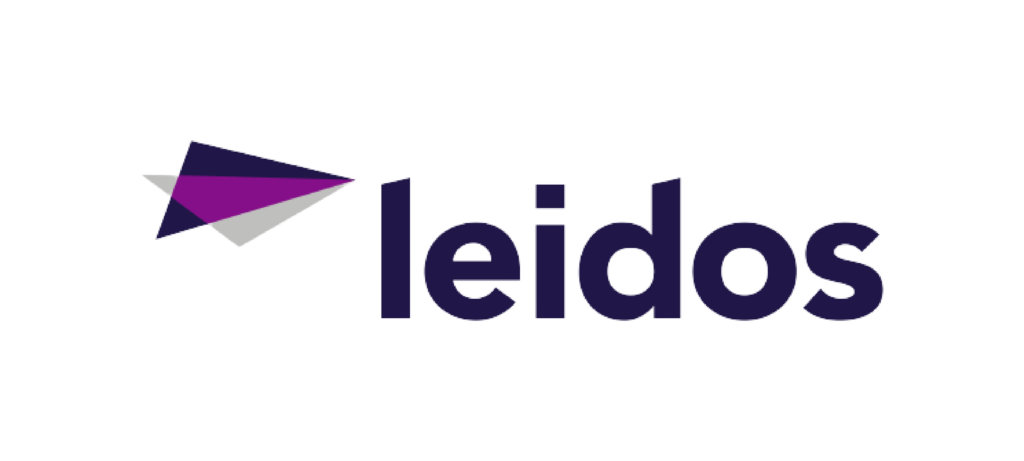
Leidos adds University of Michigan to hypersonic Mayhem program team
Aerospace students are part of a $334 million program for the U.S. Air Force Research Laboratory

Aerospace students are part of a $334 million program for the U.S. Air Force Research Laboratory
Leidos, a FORTUNE® 500 science and technology leader, has added the University of Michigan (U-M) to its list of partners assisting on the Mayhem program, a $334 million, 51-month air-breathing hypersonic contract awarded by the U.S. Air Force Research Laboratory (AFRL). The innovative partnership will allow students in the U-M Aerospace Engineering program to receive experience that contributes to Mayhem through the university’s Model-Based Systems Engineering (MBSE) lab.
“The University of Michigan will be a critical component to the Mayhem strategy,” said Artie Mabbett, operations manager for the Leidos Innovation Center. “The students will gain firsthand experience experimenting with DE/MBSE tools aiding in development of the virtual ecosystem that will ultimately be transitioned to a Leidos environment for implementation on the Mayhem program. Not only does this benefit the program directly, but it also creates a pipeline of incredible talent with real world experience for the defense industrial complex.”
U-M students will support Leidos by assembling pieces of the MBSE environment, which Leidos will deploy in the digital engineering ecosystem for the team working on Mayhem. The idea was generated through Mabbett’s work with George Halow, an aerospace engineering professor of practice at U-M and program director for the university’s MBSE lab. They saw that the university’s growing success in MBSE education could add a strategic advantage and expand the AFRL’s goals for the program.
“Our team can have a significant impact in establishing a standard for Models-Based Systems Engineering that will help Leidos unlock massive efficiencies, cost and time savings,” Halow said. “It is our goal to help industry make this happen by giving aerospace students and our partners the tools they need to be successful.”
The initial aerospace engineering students were selected by Halow to begin working with the team at Leidos, and more will be added over subsequent semesters.
“It’s going to be challenging, for sure, because we’ll have to develop the techniques in addition to a full aerospace course load,” one of the aerospace students said. “But it’s definitely going to be very rewarding to work on something that’s at the cutting edge of aerospace technology.”
The aerospace industry faces a growing need for expertise in systems engineering and system projects. Through this collaboration, U-M will pioneer providing this education to aerospace students.
“This is a formative opportunity for us,” another aerospace student said. “Not only is it a massive project, but we’re really starting from square one. I feel like I’m being handed very meaningful work.”
Leidos is a corporate sponsor of the MBSE Leadership Lab. Through this relationship, the company engages with active student-led engineering projects, providing industry feedback ranging from adaptive aircraft wheelchair accommodation designs to drones and space control projects.
“Leidos has been leading the way in our MBSE and systems engineering leadership program at Michigan Aerospace,” Halow said. “They show the critical industry need and are active participants in developing the next generation of leaders in this space. This is the future of our field, and we’re grateful for partners like Leidos who see the way forward.”
“The team assembled by Leidos marries exceptional experience with innovation,” said Ryan Leo, Mayhem program manager for Leidos. “Nothing highlights that better than our partnership with Michigan and its aerospace engineering students. My team is looking forward to seeing what they develop for this program.”

About Leidos
Leidos is a Fortune 500® technology, engineering, and science solutions and services leader working to solve the world’s toughest challenges in the defense, intelligence, civil, and health markets. The company’s 44,000 employees support vital missions for government and commercial customers. Headquartered in Reston, Virginia, Leidos reported annual revenues of approximately $13.7 billion for the fiscal year ended December 31, 2021. For more information, visit www.Leidos.com.
About the University of Michigan Department of Aerospace Engineering
The University of Michigan Department of Aerospace Engineering is the oldest aerospace engineering department in the world. Founded in 1914, just 11 years after the Wright Brothers’ first flight at Kitty Hawk, U-M Aerospace has been a global leader in aviation and aerospace advances for over a century. Our alumni are astronauts, corporate executives, policymakers, lead administrators for NASA and other organizations, startup innovators, and more.
Boasting 19 top-ranked schools and colleges and annual research volume that exceeds $1.5 billion, University of Michigan research capabilities and accomplishments span nearly every field of science, engineering, medicine, social sciences, the arts and humanities. In 2021, U-M launched 23 startups, 502 inventions and the College of Engineering’s 663 faculty led $263.5 million in research.
###
Certain statements in this announcement constitute “forward-looking statements” within the meaning of the rules and regulations of the U.S. Securities and Exchange Commission (SEC). These statements are based on management’s current beliefs and expectations and are subject to significant risks and uncertainties. These statements are not guarantees of future results or occurrences. A number of factors could cause our actual results, performance, achievements, or industry results to be different from the results, performance, or achievements expressed or implied by such forward-looking statements. These factors include, but are not limited to, the “Risk Factors” set forth in Leidos’ Annual Report on Form 10-K for the fiscal year ended December 31, 2021, and other such filings that Leidos makes with the SEC from time to time. Readers are cautioned not to place undue reliance on such forward-looking statements, which speak only as of the date hereof. Leidos does not undertake to update forward-looking statements to reflect the impact of circumstances or events that arise after the date the forward-looking statements were made.